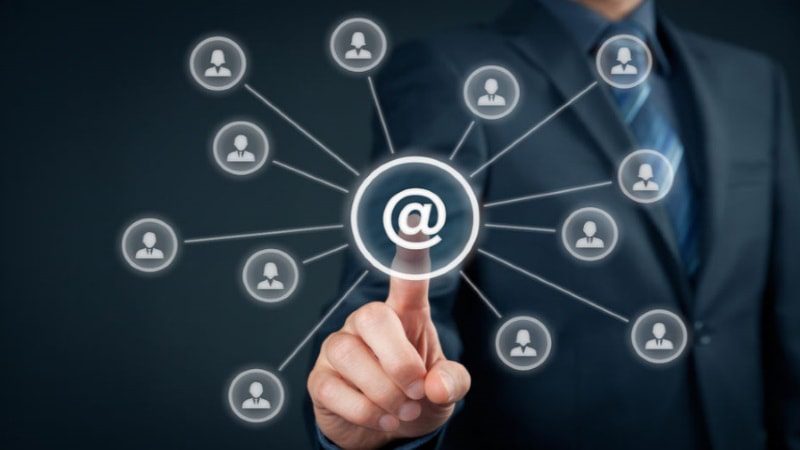I’ve noticed that some clients are resistant to sending email marketing messages about their work. Why? As authors who are seeking to promote a message, they are the recipient of other authors’ emails, and rather than enjoying the messages, they’re turned off by them.
Since they don’t want to annoy others, they assume the solution is to not send messages, at least to not send messages like the ones they are receiving.
Before I share two important aspects of effective email marketing, I want to first share a couple of important reminders about email marketing.
Follow email marketing best practices.In order to not annoy people with unwanted emails, it’s important to follow email marketing best practices, which includes ONLY adding people to your list who request to be added, giving you their explicit permission. You do not have permission just because you know someone personally, have emailed them directly, are connected to them on LinkedIn, or got their business card at an event. Typically, people give you permission to email them by filling out a form on your website.
Unsubscribe from unwanted lists.Your own fatigue about email marketing may be tied to the fact that you’re receiving emails that are irrelevant to you or unrequested. It’s possible you subscribed to these communications, but maybe you didn’t. If you are annoyed by or overwhelmed by them, unsubscribe, or choose to ignore and delete. Unless the emails are clearly dangerous, don’t mark as spam which can cause problems for the sender; instead, use the legally-required unsubscribe link.
People will gladly open and engage with email they want to receive, including email marketing they’ve intentionally subscribed to receive.
Think about a problem you’ve recently struggled with, or a challenge you’re looking to overcome. Suppose you landed on a website that contained valuable, helpful, and actionable ideas to address your issue. You feel so convinced that you’ll gain new insight from this expert that you enter your email address to subscribe to the content.
What is your response when that expert’s email comes into your inbox? If you’re anything like me, you open it as soon as you are able to give it your attention. You read it carefully, scanning to see if it contains the answers you are looking for. If the email contains links to content that resonates with your area of need, you click it and consume that content. Then you eagerly anticipate the next message.
Here are two ways to ensure that people open, enjoy, and take action on your emails.
Provide content that compels them to learn more. My example above outlines the response we can expect when our email messages contain content of value to our audience. The more value you add that is specifically relevant to your audience’s needs, the more likely they will be to receive your email joyfully.
Give your email recipients a personal connection to you. The more personal an email, the more likely someone is to respond. Since email marketing is, by its nature, a one-way communication and impersonal, the more real you can become to your audience, the more they will want to hear from you. What can you share that will both help people learn and help people get to know you? How can you invite people into an ongoing conversation with you? What question can you ask to invite their participation and reply?
When you send email to people who have asked for it, send the content they are expecting and hoping for, and infuse as much of your own unique personality into each message, they will open and engage with what you send.

I am the founder/CEO of the Weaving Influence team, the author of Reach: Creating the Biggest Possible Audience for Your Message, Book, or Cause, and the host of the Book Marketing Action Podcast. I’m a wife and mom of three kids, and I enjoy running, reading, writing, coffee, and dark chocolate.


I have been reluctant to use e-mail marketing for my books. I can see the rewards can be very good yet I am not sure about it. After reading Becky’s Post I will definitely check it out more. I have received some great e-mail marketing e-mails from others. I should be able to create a real interesting one to send out. I still enjoyed the Post being informative and encouraging to use e-mail marketing with peoples direct permission. Thank you Becky for this Post !!